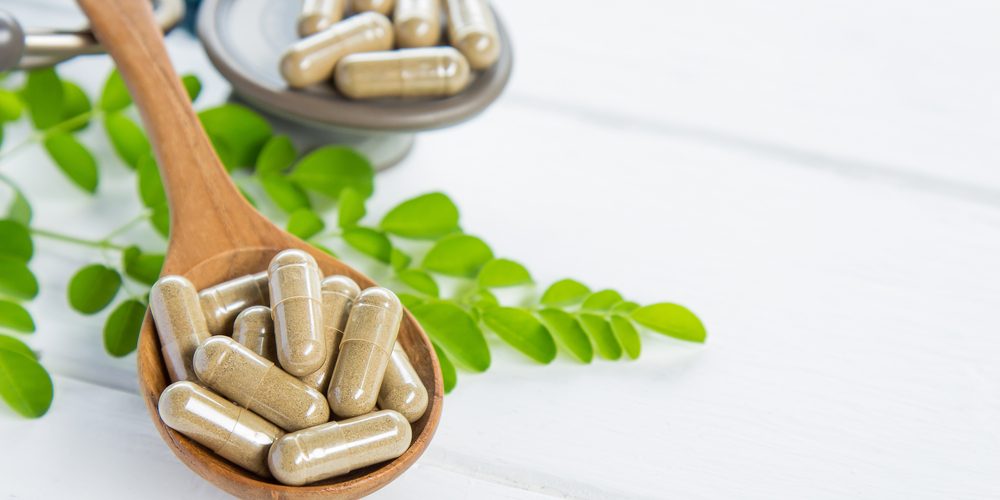Even the best diet rich in all nutrients is not enough to provide the body with all vitamins and microelements. And yet they are responsible for the fullness of our health and well-being. In addition, many factors affect the digestive process, including the emotional state, quality of food, the way food is prepared and the pace at which we eat it. It is all closely related to the absorption of nutrients, such as protein, fats, carbohydrates, etc. Our way of life certainly does not help – constant rush, tension and anxiety. For several decades, eating has ceased to be an opportunity to relax and provide the body with the necessary ingredients. It has become one of the many moments in which we kill hunger in order to have energy for the next stressful challenges. As a result, our body does not receive qualitative health benefits during a meal.
Which affects the beneficial absorption of ingredients during a meal
On the one hand, companies producing supplements, of course, care about profit, but to achieve it, they must meet consumer expectations. This is why specialists and scientists from these companies are up to date with the latest results of medical analyzes and research. Thanks to this, they create modern preparations containing active forms of vitamins and minerals that are well absorbed by the body.
In recent years, research has shown that deficiencies of certain vitamins and minerals can contribute to an increased risk of cancer. Taking medications alone may also limit the absorption of nutrients. What’s more, doctors prescribe dietary supplements for common diseases and conditions, such as atherosclerosis, osteoporosis or intestinal malabsorption.
Pregnant women, as well as people abusing alcohol and nicotine, are especially recommended for supplementation with nutrients. Apart from them, also those who use antibiotics, immunosuppressants, antacids, and drugs for diabetes, thyroid, kidneys, heart and pancreas.
How to plan your supplement intake strategy
It makes no sense to buy all the supplements, because then they stay on our shelves and expire. For starters, it is a good idea to go to a dietitian with the results of your basic blood tests to be analyzed. Only then, taking into account the lifestyle, chronic diseases, age, gender and other factors, can conclusions be drawn. It depends on them whether we will receive adequate nutrients that will compensate for our deficiencies.
It is also worth mentioning here that dietary supplements should not be taken just in case. For example, if malabsorption is a problem, you need to investigate what the causes are. To do this, let’s do tests such as stomach acidity, intestinal health, fatty liver, and gluten intolerance tests.

Where to store supplements and how to take them
Most good-quality supplements are sold in darkened packaging to make the product resistant to external factors. Occasionally there are problems with the packaging, which may be damaged or opened in transit or at home. We should remember then that microorganisms can get inside along with the air, and oxygen itself also has an impact on the product. In such cases, let’s check what the manufacturer included on the label. Supplements in liquid form are usually stored in the refrigerator after the first use. Let’s be careful about different situations that can change the effect of individual ingredients. Avoid overheating, moisture and, most importantly, keep the supplements away from the sun and out of the reach of children.
Not all supplements should be taken with water, although this is the safest way to take it. Sometimes you can use juice (but not grapefruit) or milk. Vitamin D, K, E and A can be washed down with fatty cream if you follow a ketogenic diet. Preparations containing iron will be more effective in the company of juice with vitamin C. The situation is different when it comes to probiotics. It is good to drink them with milk, yoghurt, kefir or a solution containing natural fiber, which will create a basis for the multiplication of the microbiome. What should you definitely not use when using supplements? Coffee, black and green tea, alcohol and, as already mentioned, grapefruit juice. The latter affects liver enzymes and can change the absorption of drugs – weakening or strengthening them.
Supplements that should not be combined with each other
Not all preparations can be consumed at the same time, so those that we are not sure about should be separated by at least a 2-hour break. Supplements must be adapted to the drugs, if we take any, because more important for our body is treatment, not eliminating possible deficiencies. Dietary fiber or linseed should be consumed at least 2 hours before and after taking medications or vitamins, and in the case of activated charcoal, 4 hours apart. It is best to take supplements after waking up or just before going to bed so that their effects fill the time we sleep.





